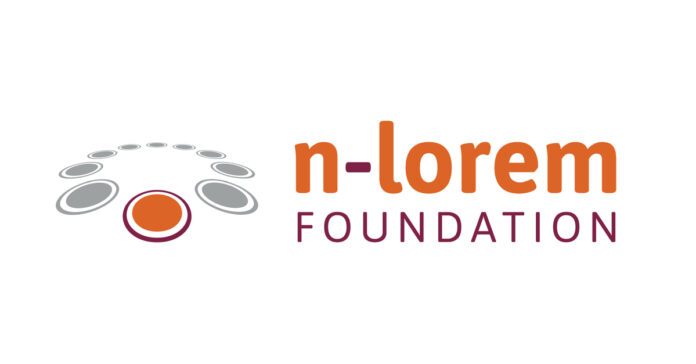SAN DIEGO– n-Lorem, a nonprofit foundation, today announced the publication of a review article titled “Meeting the Needs of Patients with Ultra-rare Diseases” in Trends in Molecular Medicine (Crooke, S.T., Trends in Molecular Medicine, Advanced Online Publication, January 2022). In this publication, Dr. Crooke outlines the unique challenges of developing potentially life-saving treatments for a small number of ultra-rare patients, who because of their unique genetic mutation, are only one of a few patients worldwide. To distinguish this extremely small patient population, n-Lorem refers to these patients as nano-rare patients (1 to 30 patients worldwide). n-Lorem is the only non-profit foundation employing a charitable model that can meet the challenges of some of these nano-rare patients. n-Lorem uses a robust and proven ASO technology to discover and provide experimental antisense oligonucleotide (ASO) medicines for nano-rare patients for free, for life.
“Today, we have all the necessary components to tackle the previously insurmountable challenge of developing personalized treatment options for nano-rare patients,” said Stanley T. Crooke, M.D., Ph.D., Founder, CEO and Chairman of n-Lorem Foundation. “Genetic characterization is feasible and becoming more broadly accessible, which enables more patients to seek out specialty physicians at institutions who are best equipped to support them. More than thirty years of investment in ASO technology provides the opportunity to discover and develop an optimized experimental medicine targeted to a unique, single genetic mutation, and regulatory guidance provides a supportive environment to develop ASO therapeutics for these patients.”
“Today, we are making a difference, but we are not doing it alone. We are fortunate to have the trust of the patients and their families, the dedication of an esteemed group of physicians, the support and resources of the ultra-rare disease communities and patient advocacy groups, and the commitment and financial support of organizations across all areas of drug discovery, development and manufacturing,” continued Dr. Crooke.
“We have assisted in the development and treatment of 14 nano-rare patients and received over 100 applications for treatment with more than 40 nano-rare patients approved. We can do more, and we are creating the broadest possible network of donors and collaborators to support that. We hope that this publication highlights the collaborative approach necessary to address the desperate need of these patients,” concluded Dr. Crooke.



